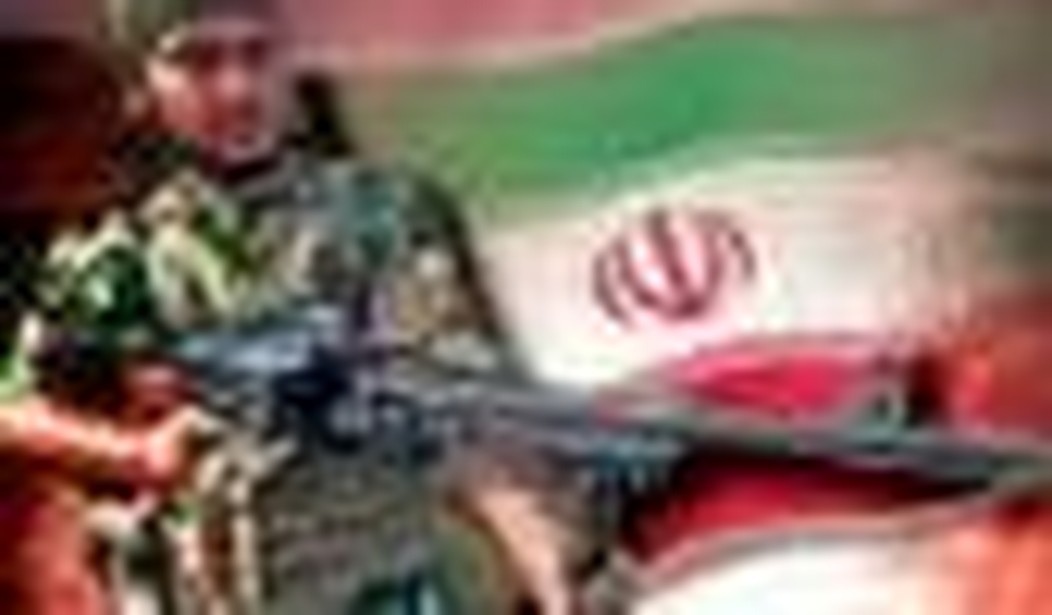Mohammad Reza Arian, an Iranian military official with the rank of colonel, has defected to Turkey. Colonel Arian also succeeded in bringing out his wife and two daughters during his escape operation. This brings the number of senior Iranian military officials who have defected to Turkey over the last number of years to two. The first was General Ali Reza Asgari, who was considered to be the “father of Hezbollah.” He escaped to Turkey via Syria in early 2007.
This new development in the intelligence war between Iran and the West was initially reported by the Turkey’s Hürriyet newspaper on December 13. However, the first time it was brought to the attention of Iranians was on December 26. The first Iranian Web site to break the news was Tabnak, which is based in Tehran. In its report Tabnak quotes the article in Hürriyet. It must be noted that Tabnak is one of the most credible news agencies inside Iran.
According to Tabnak’s Turkish sources, Colonel Arian escaped because he was against the torturing of Iranian opposition figures inside Iran. To raise awareness, he subsequently started communicating with international human right agencies via email. This raised the suspicion of Iran’s intelligence agency, which installed hidden spy cameras in his office. Arian’s life was also threatened, and as a result of this he decided to escape to Turkey with his family.
His first port of call was the United Nations Refugee Agency in the city of Van, near the Iranian border. Colonel Arian arrived there on August 28 of this year.
This means that he escaped via land, via two possible routes. One possibility is that he crossed over to Turkey, via northern Iraq. This is a new route which is being used by smugglers with the help of local Kurds due to the fact that over the last two years extensive security efforts have been made by Iran to stop illegal crossings at the Iranian-Turkish border. Tehran is not only concerned about Iranians escaping to Turkey, but also fears that Western intelligence agencies may try to use that border to insert equipment and operatives. The other possibility is that he was smuggled out or managed to cross the Iranian-Turkish border.
What is interesting about this case is that initially, the head of the refugee organization where Arian handed himself over to said that he had gone missing for a month. This prompted many to believe that the Iranian colonel had followed the same path as Asgari, and had been “kidnapped” by the Mossad or the CIA. However, a day after the initial report the report was corrected and the refugee authorities in the city of Van said that he had been found again.
This new development is likely to lead to a new shake-up in Iran’s intelligence apparatus. These defections show that senior officials are not being monitored in an effective manner. More importantly, they show that the level of dissatisfaction inside military circles is reaching new highs, which means that as well as defections, more people inside Iran may be encouraged to cooperate with Western intelligence agencies.
Iran will have to tread a fine line in this case. Relations with Turkey are very important for Tehran, both economically and politically. With Tehran becoming isolated, any damage caused in Tehran-Ankara relations will be to the benefit of the U.S. and Israel. On the other hand, Turkish authorities seem to be playing host to defectors from Iran, thus making the country a top destination for whoever wants to escape and to cause damage to Iran’s military apparatus. And what is even more interesting is that Turkey is not the only neighbor which seems to be playing a double game. Iranians are concerned about what they see as rise of CIA activity in the republic of Azerbaijan, and in Dubai where hundreds of thousands of Iranians live and work. This is in addition to an increase in anti-Iran intelligence activities by neutral countries such as Holland, which according to Dutch media has become successful in recruiting agents inside Iran. This truly is a dangerous phenomenon. Iranians who are against the government may still have ideological problems working for the U.S., Israel, or Arab countries, due to historical animosities. However, a country such as Holland with whom Iran has had no differences could resolve that problem by recruiting the agent, and then sharing intelligence with other countries. Or worst, American or Israeli agents may recruit Iranian agents by fooling them into believing that they are working for another more “neutral” country.
The fact that Barack Obama has offered to talk directly with Iran does not mean that the intelligence war between the two sides is over. In fact, the opposite is true. To conduct meaningful negotiations, the U.S. will have to rely on increased volume and quality of intelligence. The same goes for Tehran. The Iranian government will most probably be upping the tempo in its efforts to recruit its own agents. If its successes in Lebanon and Iraq are anything to go by, Western counterintelligence agencies will have their work cut out.








Join the conversation as a VIP Member